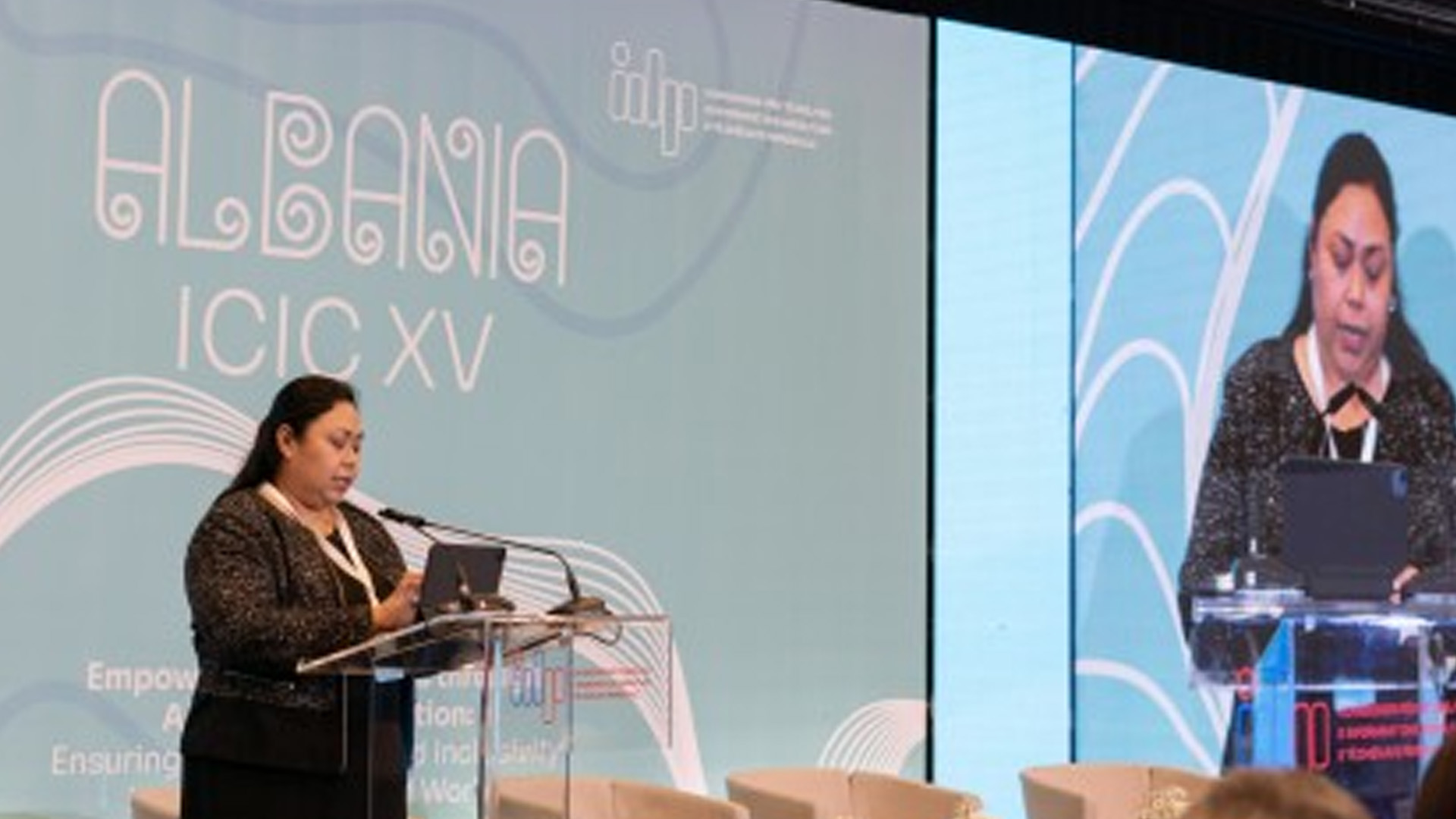Presidential Communications Office (PCO) Undersecretary Cherbett Karen L. Maralit served as the rapporteur for a pivotal session “Innovative Landscape of Proactive Transparency” on the first day of the 15th International Conference of Information Commissioners (ICIC) here on June 3.
The session, moderated by Directorio Legislativo Global Executive Director Maria Baron, delved into the dynamic synergy between digital tools and open data initiatives.
Panelists Adrian Alcalá Méndez, President Commissioner of the Institute of Transparency and Personal Data Protection (INAI) from Mexico; Meike Kamp, Berlin Commissioner for Data Protection and Freedom of Information; Marie Whelan, Policy Analyst at the Organization for Economic Cooperation and Development (OECD); Bruno Lasserre, President of the Commission for Access to Administrative Documents of France (La CADA); and the Director General for Ministry of Culture, Economy, and Innovation, Albania, shared their insights on leveraging technology to shift transparency practices from reactive to proactive mode of access.
“We were reminded that transparency is a never-ending process and that there would be no need for institutions handling reactive disclosure as proactive disclosure would hopefully soon become the norm,” Maralit, undersecretary for operations, administration, finance, and government-owned and -controlled corporations (GOCCs), told fellow information commissioners.
“All of us here have a common goal – to empower citizens and to provide the best public service possible. Pursuing our shared mission to promote transparency, accountability, and inclusivity is also never-ending,” she added.
Among the common benefits of open data and proactive disclosure discussed were the building of trust between the public and government, encouraging positive information acquisition behavior among citizens, and fueling innovation, as evidenced by French startups benefiting from big data.
It was also noted that such practices allow citizens to access relevant information about public administration, facilitating the monitoring and evaluation of government policies and improving public service delivery efficiency.
Furthermore, open data promotes fair competition and multi-sectoral engagement across civil society, media, the public sector, business, and academia, while also helping to prevent corruption.
The session also highlighted common challenges faced by institutions, which include technological and human resource capacity limitations that necessitate capacity building and infrastructure development, a significant digital divide, and the lack of monitoring and evaluation mechanisms.
Promising practices were showcased, such as Mexico’s annual National Open Data Conference, which fosters open dialogue and collaboration across different sectors, and Albania’s use of research and development along with geospatial data for public service delivery, ensuring inclusivity.
The OECD’s recommendation to view access to information and open data as complementary but distinct mechanisms was also emphasized, focusing on both reactive disclosure and proactive transparency.
The session featured discussions on possible strategies and prospects, including the need for reviewing and establishing legal frameworks to institutionalize open data policies and ensuring the maintenance and usability of data through active feedback mechanisms.
There was a strong emphasis on using multi-channel approaches to communicate and share information, reducing access barriers, and adapting to technological changes, such as using AI to facilitate data redaction.
In her report, Maralit underscored how transparency could be viewed as a dynamic process, with proactive disclosure ideally becoming the norm.
“Our task is to bring home learnings from the experiences shared by countries like Mexico, Albania, France, Canada, and Germany. Let’s keep the conversation going; collaborate to pursue initiatives across all sections of society that will harness the power of public information for the greater good,” she said. (PNA)








